Students Resort to Caffeine Rather Than Sleep
Sleep deprivation is something that most students deal with. They have to juggle school, work and extracurricular activities. So as a result, caffeine is a common resort among students to stay awake. Caffeine can be found in coffee, sodas, energy drinks, and other things; however, sodas tend to be the most convenient of them all.
I have about one to two 12 ounce sodas per week,” freshman William Martin said.
According to Centers for Disease Control and Prevention, one in four teens drink soda every day. Another report from government researchers, who looked over 11,000 high school kids, also said that 16 percent of students drink a serving of a sports drink every day. Most people drink it for two purposes: for pleasure and or for energy. Caffeinated drinks can also lead into obesity, which means finding a good way to get energy isn’t easy.
One main reason people drink caffeinated drinks is because of sleep deprivation. With students trying to find time for everything, it’s difficult for them to get a full night’s rest.
“I get about seven hours of sleep each night,” junior Nicole Dinkel said.
Senior Tessa Johnson has a similar sleep schedule. “On regular school nights I probably get around seven hours,” Johnson said.
That’s not such an uncommon statistic. According to the National Sleep Foundation, only 15 percent of teens actually get the required amount of sleep, which is eight and a half to nine hours. Most get only around seven hours. As a result, kids feel the need to get a caffeinated drink to help wake them up.
“I don’t think it is a problem if students consume caffeine if they didn’t get a lot of sleep the night before and need a bit more energy,” freshman Riley Spears said.
“That being said it is very important that students don’t use caffeine as their main source of energy and will consistently go to sleep later than they should and rely on caffeine,” Spears said.
Students who drink caffeine reaches its peak level of alertness between 30 to 60 minutes, according to the American Academy of Sleep Medicine. But the main part of the energy only lasts between three to five hours. While caffeine may or may not be an effective energizer for students, they still use it and hopefully in the future students will get more sleep than rely on caffeine all the time.
“It’s better to just sleep than drink pop to try to stay up longer,” senior Tessa Johnson said.
15rarthur@usd489.com



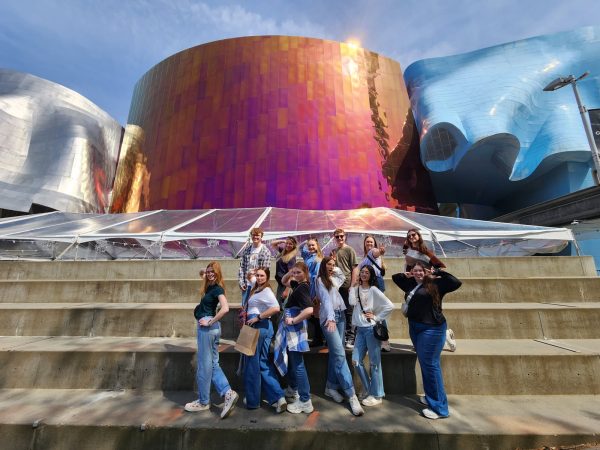
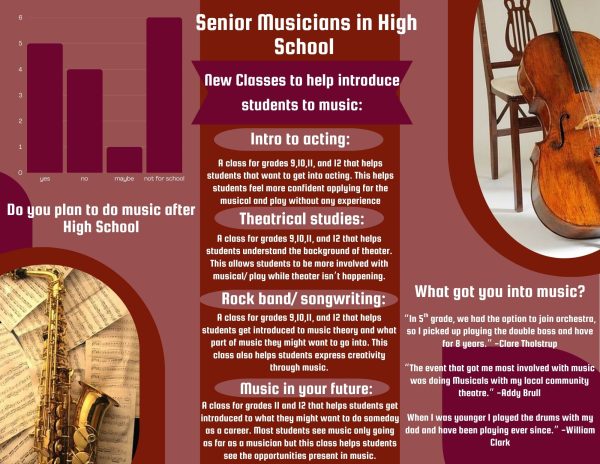
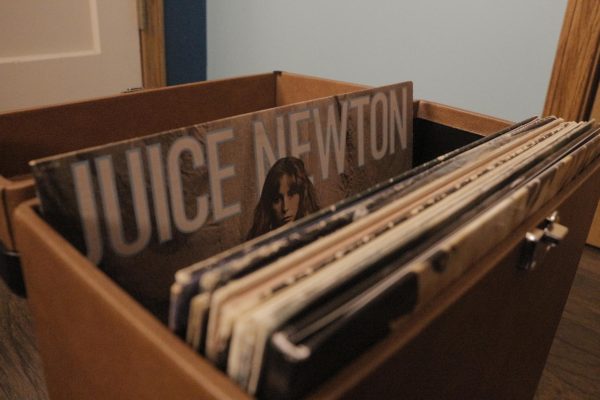



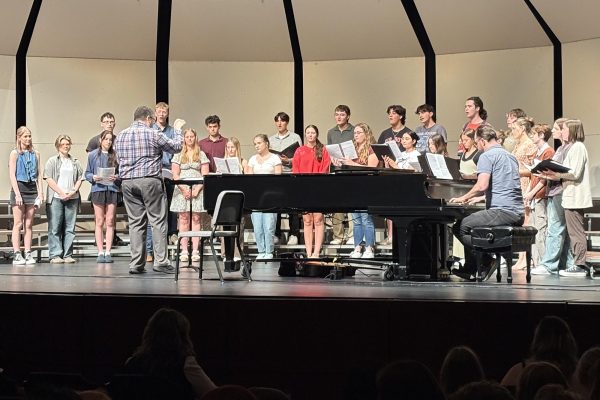
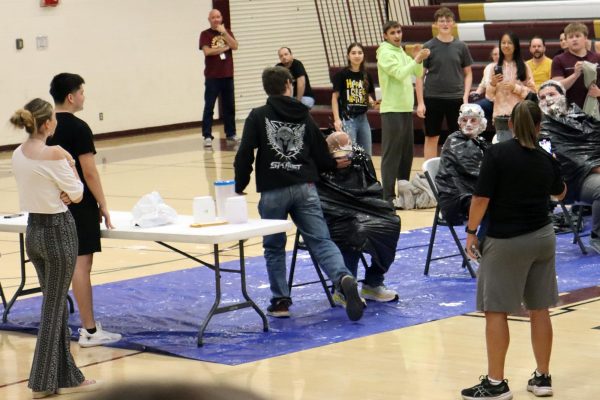
Garrett • Oct 24, 2014 at 8:59 am
An important subject, that’s good to see on here good job on that. Well written as well is another plus side to this, the only problem was in the interviews. Not a wide variety of information, though you news people are pressed on time so i don’t blame you. It’s just the static intake of only seven hours felt false to me, yes it’s under the recommended amount but i only get four hours of sleep a night. I push through because of two cups of coffee and morning showers, and i know im not the only one. Overall great job on this section, thank you for picking something worth reading.
Rachael Arthur • Oct 24, 2014 at 12:18 pm
Thank you very much! I felt this was a topic that people talk about but it’s never written about. And I thank you for the critiquing. Anything helps!